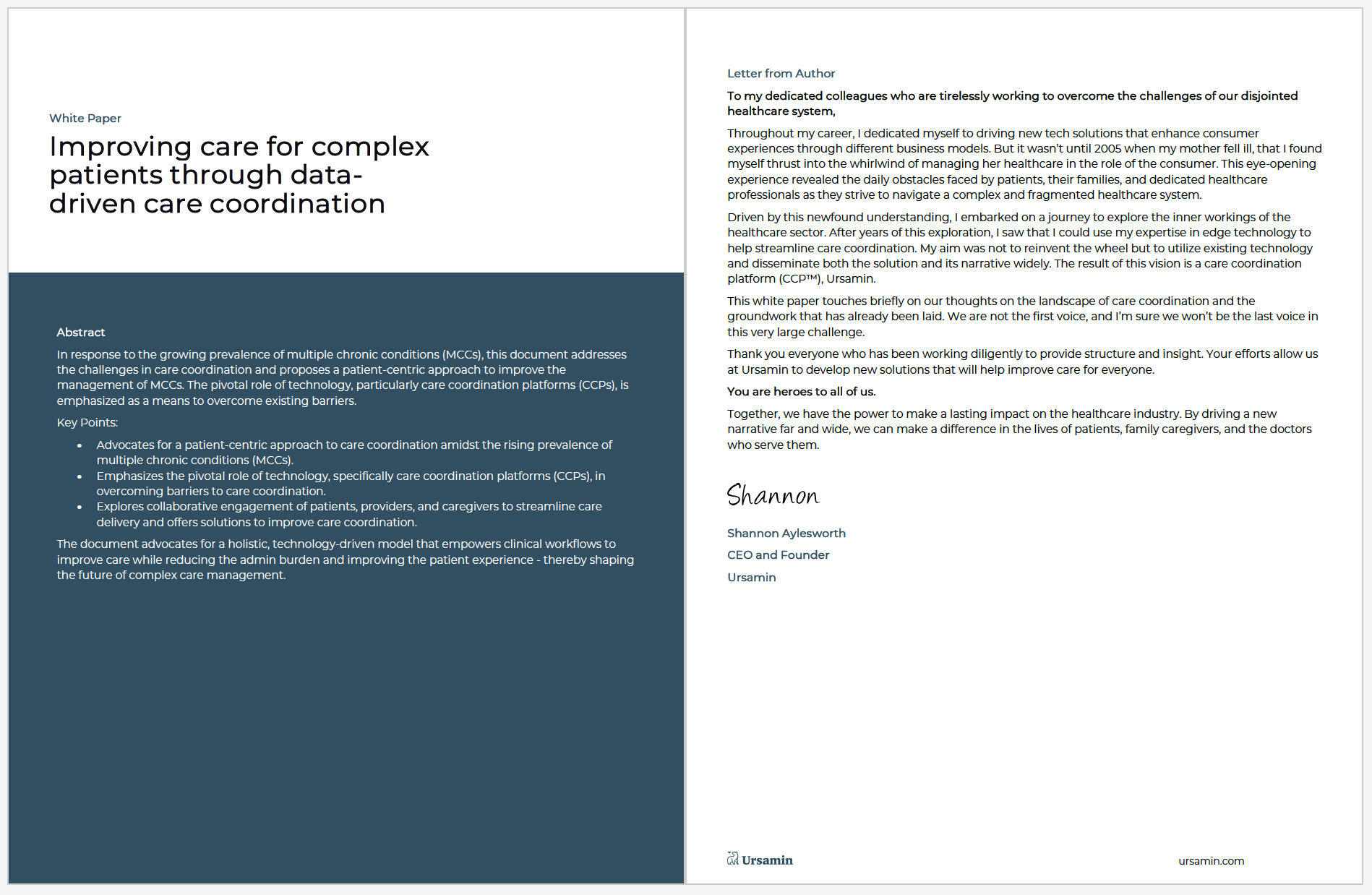Hello, and welcome to Unlimited Access! I’m Levi, and today we will discuss a topic that might not be on everyone’s mind. Still, it’s crucial to healthcare: medical records and their impact on doctors and patients.
Physicians’ time is incredibly limited. They’re committed to seeing as many patients as possible and providing the best care. However, this can often feel like an uphill battle due to medical records’ fragmented and complicated nature.
The Complex Task of Gathering Patient Data
Consider the role of a primary care provider. They must collect, organize and analyze vast patient data to deliver effective care. The challenge doctors face is limited time and scattered, hard-to-access information.
This difficulty is somewhat akin to the struggle of a salesperson. Just as a salesperson wishes to spend their time building relationships with customers and solving problems, doctors want to diagnose and treat their patients. But they often find themselves mired in administrative work and struggling to piece together a patient’s medical history.
The digitalization of medical records was supposed to solve this problem. But it simply moved the paper record mess online, often with no rhyme or reason to the data organization. This means physicians have to spend valuable time parsing through records, often in their own time, to understand a patient’s medical history.
The Cost of Incomplete Records
A common scenario is that physicians don’t have all the necessary records when a patient comes in for a consultation. They might have a stack of files, but the key document they need could be missing. This is particularly problematic for patients with chronic illnesses with specific medical parameters to track.
Physicians hire medical record specialists to collect and organize these records to address this. Despite these efforts, medical record chaos significantly contributes to physician burnout.
The Power of Patients Taking Control
What if patients came to their appointments with all the necessary medical records? Think of the benefits for both parties. Patients save time and avoid unnecessarily repeated tests, while doctors get a holistic view of their patient’s health.
In a healthcare system focused on problem-solving, we believe involving consumers actively in managing their health data is key. By taking control of their records, patients can avoid multiple tests and the duplication of treatments. For instance, my mother had six CT scans in a year because her healthcare providers did not share the records.
When patients manage their data, they contribute to their health and aid doctors in focusing more on patient care and less on administrative work. A study shows that doctors typically spend only 11 minutes with patients during a visit. With more accessible and organized patient data, this limited time can be extended and used more productively.
As patients, we have the power to streamline our healthcare by effectively managing our medical records. By doing so, we help ourselves and make our doctors more capable of helping us.
This has been Unlimited Access with Levi and Shannon. Our mission is to keep the conversation around medical records alive because we believe that accessible, complete, and well-organized patient data is a game-changer for the healthcare industry.





